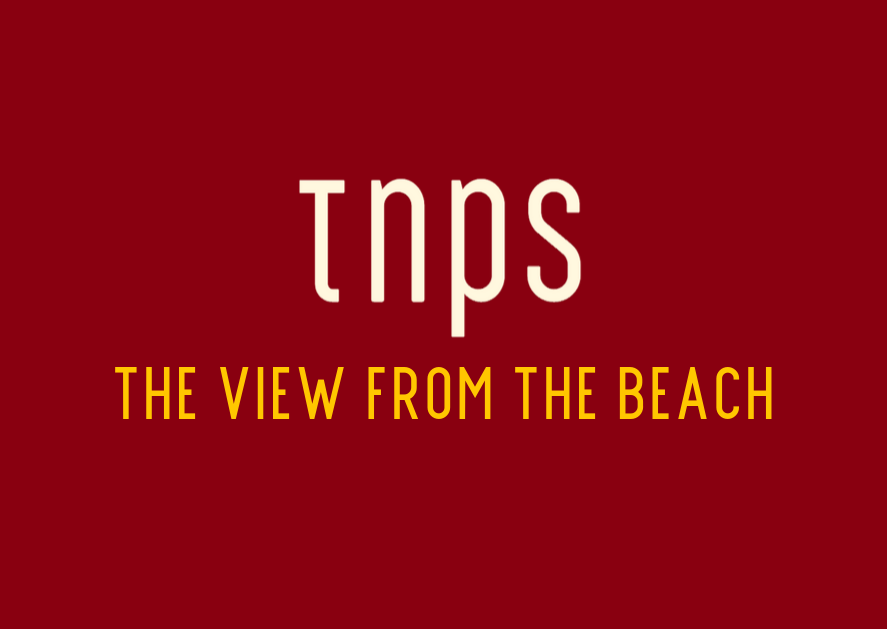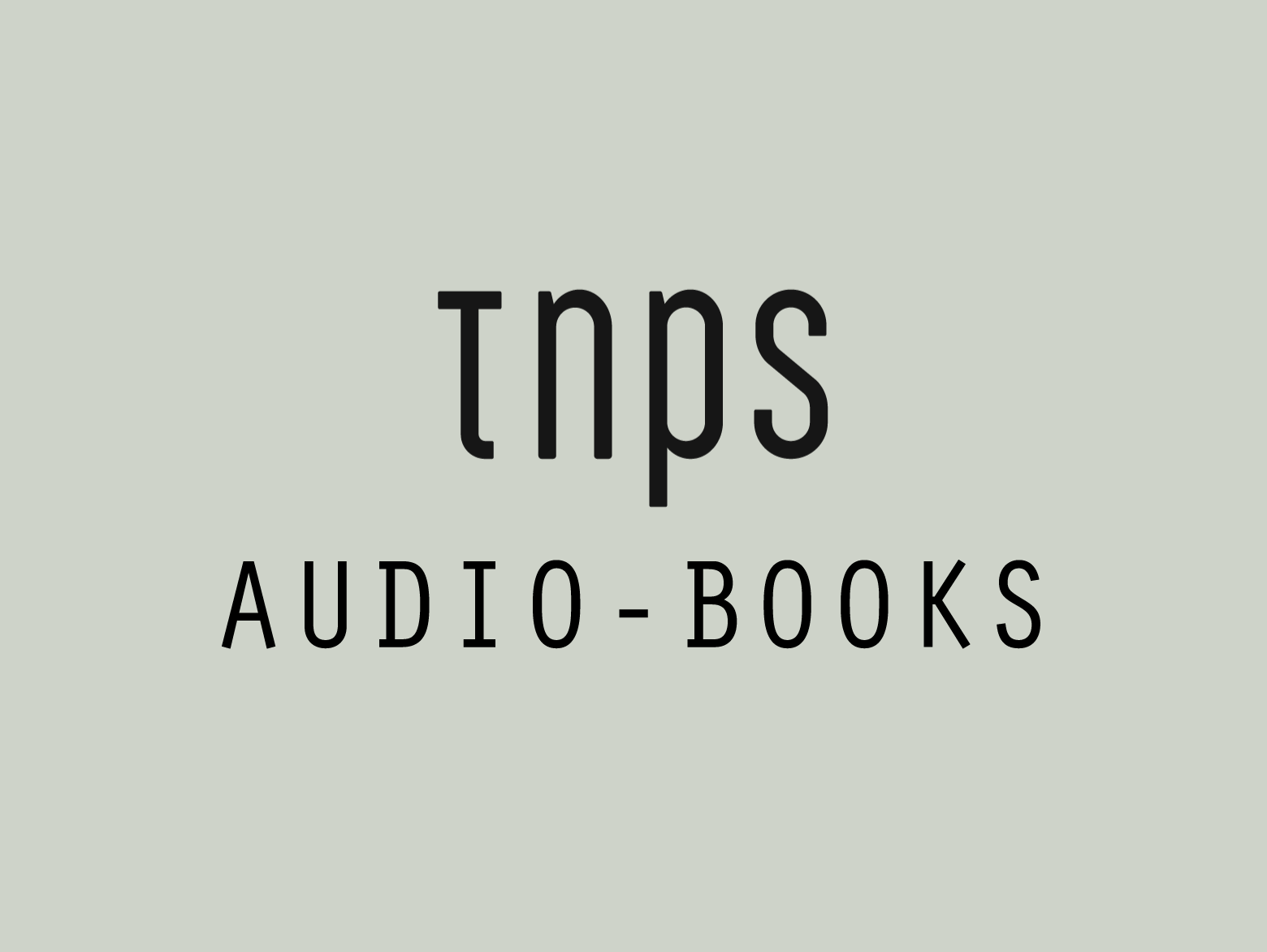The new gatekeepers are not the publishers but the established authors looking to protect the status quo and keep the market as non-competitive as possible.
Full disclosure: I’ve never been a big fan of National Novel Writing Month (NaNoWriMo), an annual event that challenges authors to knock out 50,000 words in the month of November.
First and foremost, I view NaNoWriMo like I do New Year resolutions. I have no time for New Year resolutions because if something is worth doing, it is worth doing now, not on a fixed date once a year. The same goes for writing. Whether it’s a short blog post, a 50,000 word novella or 50,000 words towards a doorstopper fantasy saga, why wait?
New Year resolutions, just like NaNoWriMo, are the procrastinator’s dream. Why put off until tomorrow what you can put off until next November, or until 1st January?
A secondary problem with NaNoWriMo is that its focus on quantity tends to steer authors way from quality. This works in many ways. Writer are urged to leave spell-checking and editing until after the 50k target has been met, but this mad rush to fill pages means less critical thinking time about what is being written and how the storyline and characters are developing.
And especially for newer writers still honing their skills, this means there is a reluctance to go back and rip that first draft apart.
All that hard work? I can’t delete those first ten pages now, just because they are gibberish. The reader will know what I meant. And even if it is ever so slightly gibberish it’s still better than Dan Brown/E..L. James/Stephanie Meyer (insert author du jour commercially successful author the delusional newbie writer is convinced does not deserve their success).
It’s been almost ten minutes since I typed The End. Let’s format it, stick a cover on it, and upload to Amazon!
Many self-publishing platforms encourage this with special deals in the months immediately after NaNoWriMo. IngramSpark, for example, routinely drops upload charges after NaNoWriMo, which the inevitable consequence that many new books flood the market that are simply not ready to be published.
This year that will be especially interesting to watch, IngramSpark famously banned a book about AI by Thad McIlroy as part of it’s mind-numbingly ill-considered Never-AI policy, but is now lined up to be flooded with AI-assisted titles after NaNoWriMo this past week managed to attract the attention even of the Washington Post after it made clear AI is an asset to authors, not a threat
NaNoWriMo suggested that condemning AI outright has “classist and ableist undertones,” arguing that not all writers have the financial means or abilities to hire human feedback, and some may require AI assistance to achieve their goals.
This stance led to a totally predictable backlash from the writing community, including resignations from board members and withdrawal of sponsorships. Critics argue that AI undermines the creative process and exploits authors’ work without compensation. However, NaNoWriMo maintains that it does not explicitly support or condemn any writing approach, emphasizing inclusivity and accessibility.
NaNoWriMo has a point. Not every writer can dash off a masterpiece in first draft, that has no need of an editor, no need of a proofreader, and no need of any third party review.
Most likely there is no author that does that, though I know of many who claim they dash-off publish-ready manuscripts between meals.
The reality is we pretty much all either correct typos and grammar messes as we go, using a built in spell-checker, or our publisher will have the submitted manuscript proofread by a professional.
Most authors seek out peer-reviewers and/or pay editors to examine their final drafts, and most publishers will review and suggest edits to a submitted manuscript.
In other words, very few authors – especially book authors – successfully publish books that are all their own work. We almost all had a helping hand along the way, sometimes by a robot in the form of MS spell and grammar check, very often by a human editor. Human editing may include identifying weak prose, poor sentence structure, continuity issues, factual errors, and even suggesting alternate or new approaches to telling the story.
Many books are ghost-written by complete strangers, because the author identified on the cover cannot string two words together on their own.
This is all totally acceptable. But if AI does the same thing for an author… Just look at the vitriol spewed out in the wake of NaNoWriMo suggesting AI can help authors who cannot afford professional editors or proofreaders, or who may have a disability of some sort that excludes them from the creative process.
So kudos to NaNoWriMo for recognising that not all writers have the same abilities or resources. AI tools can help level the playing field, offering support to those who need it most. Some authors, wrote NaNoWriMo, per Wired, “require outside help or accommodations to achieve certain goals.”
Board members walked. Authors ranted. One called NaNoWriMo’s position on AI “vile, craven, and unconscionable,” adding, “your heinous re-configuring of language used to fight actual injustices into a shield to cover your transparently business-based posturing is unforgivable.”
Another asserted AI platforms are unethical, the tech scrapes content from published authors without paying royalties or fees, and it robs writers of the opportunity to find their own voice and learn from mistakes.
Okay, so AI scrapes content from published authors. No-one disputes that, but whether that is illegal has yet to be established, and to what extent it is unethical depends on your viewpoint. As an author and journalist I spent my formative years “training” and honing my writing skills using second-hand books and magazines because I could not afford to buy them. At school, and later as a teacher, I participated in using the same books year after year after year after year (essentially until the books literally fell apart) for training, as a student or to teach students, and these books were only paid for once. Is/was that ethical?
AI companies do the same thing on a larger scale, and authors like to scream about how they are not being compensated, but the reality is there are numerous deals with news and academic publishers that refute this assertion. These partnerships demonstrate that AI can be used ethically and responsibly, benefiting both creators and consumers.
The fact that trade publishers have not yet signed such deals show just how the vocal and Luddite minority are holding back the industry, with trade publishers running scared of author opinion.
However, embracing AI could open new revenue streams and opportunities for collaboration, ultimately benefiting both publishers and authors. Most trade publishing CEOs understand that, but for now, and as we see so clearly with this latest nonsense about NaNoWriMo, a posse of established and successful authors are determined to keep trade publishing an AI-free zone where only the lucky few get to play.
Ironically the New Gatekeepers are not the publishers but the established authors looking to protect the status quo and keep the market as non-competitive as possible.
We saw the same arguments raised when self-publishing took off in the 2010s. The tsunami of crap that would engulf the industry and destroy jobs and careers.
it never happened, of course, and it won’t happen with AI.
Sure there are way too many scam AI-produced books being uploaded, but that’s just human nature.
Established authors will tell us AI writing is crap and nobody will ever read it. So then what’s the problem? Why do you feel so threatened from AI if it is so bad at what it does.
And this goes to he heart of the problem.
AI is getting better by the day, and yes, one day it will be able to knock out commercially publishable books and will compete wit human authors. But so long as human authors stay on top of their game and focus on the “human” elements that AI by definition cannot match, than human authors will have the advantage.
Put simply, AI should be viewed as a tool to enhance the creative process, not replace it. By integrating AI responsibly, writers can leverage its capabilities to overcome challenges and improve their work.
Successful and professional authors who for whatever reason do not need what AI has to offer should get on with their writing and stop dictating to lesser mortals how they should go about their business.
Embracing AI ethically and responsibly can create new opportunities for collaboration and growth, benefiting writers, publishers, and readers alike.
And full disclosure: I didn’t use AI to proof this script, so there are probably some typos that have slipped through. I could have, and should have, but I’m an old school author at heart and I like my writing to be all my own work, mistakes and all.
I did use AI to research responses to the NaNoWriMo development, and it was AI that took me to the Wired report I linked somewhere above. A year ago I would have used Google, but nowadays AI (I use Copilot) gets me better results faster.
Am I losing sleep over Google employees losing their jobs because I prefer AI to the old Google search engine?
Of course! In the same way I lose sleep over using a word-processor instead of a typewriter knowing all those typewriter factory workers have lost their jobs. The same way I lose sleep every time I send an email knowing all those postal worker jobs are threatened by my selfishness. , and using email instead of the postal system. The same way I lose sleep over using my mobile to take photos when I should be buying rolls of film to keep camera-film makers in jobs.
The Luddites condemning NaNoWriMo for recognising new opportunities for authors need to get back in their basements with their quills and parchment, fretting about these new-fangled paperbacks that are going to destroy publishing and civilisation as we know it.
This post first appeared in the TNPS LinkedIn Pulse newsletter.





